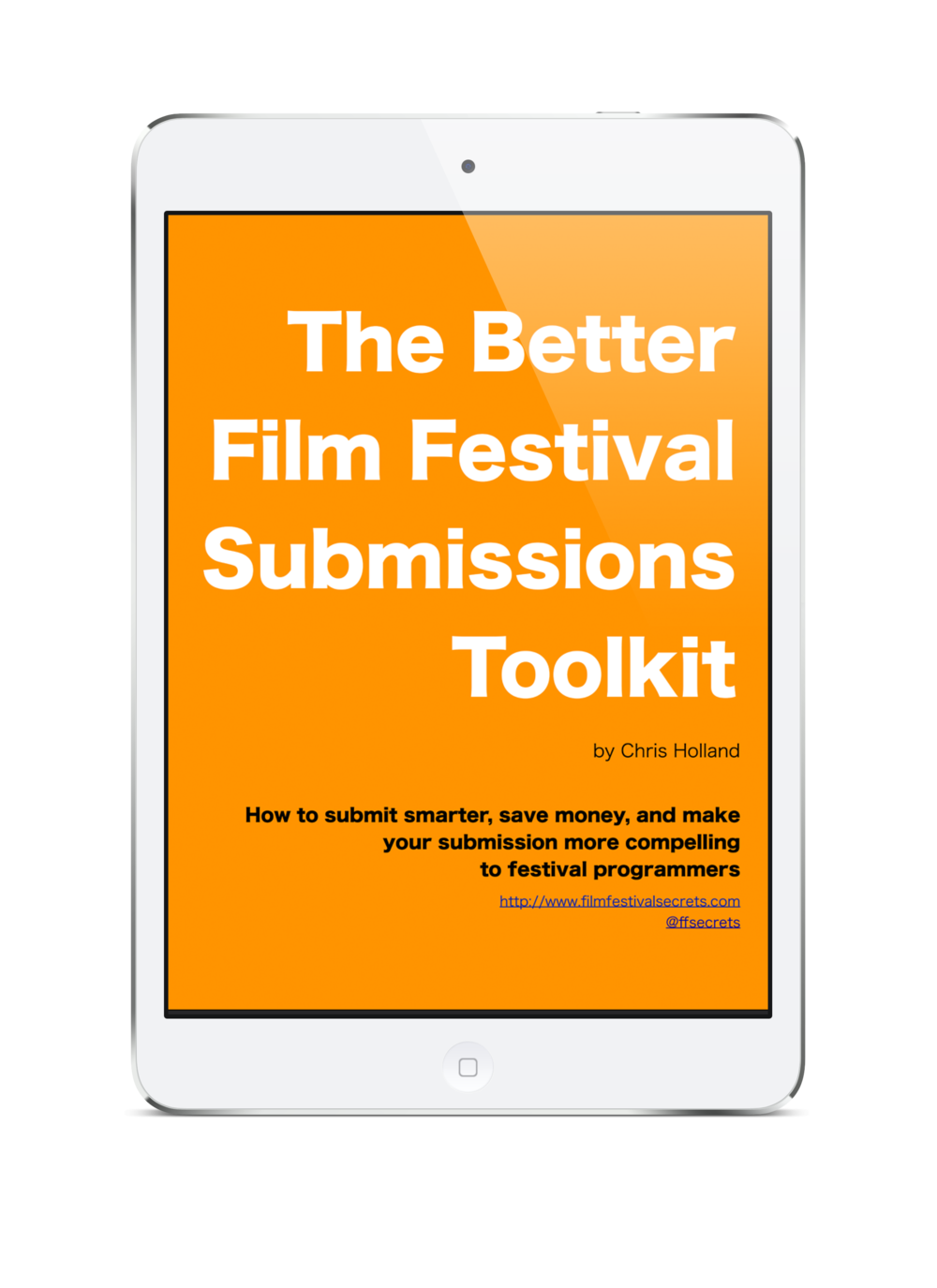Zellner Brothers' Q&A at South by Southwest.
Over the years I've seen dozens of Q&A sessions with filmmakers. Some were good, some were not so good, and some were downright disastrous. However, all of them were educational when it comes to the things that make for a positive Q&A experience.
The Q&A is an important opportunity to sell yourself and your film, so follow these tips to get it right.
» Accept the fact that people are going to walk out before the Q&A. There's little you can do about this other than to make your ending credits as short as possible, but even so people will scoot out the door as soon as the film is over. Don't take it personally; there are many reasons for bolting out of a screening at the end, not least of which is to run a few blocks to make it to another screening.
Just think: people are leaving other filmmakers' Q&As to make it in time for your screening too. Of course there are also people running off to the bathroom, which is less flattering. In any case, the people left are the ones who really liked your film and want to hear what you have to say. Those are the ones you wanted to stick around.
» Get everyone from your film up to the front. Particularly the cast (people enjoy seeing on-screen characters in the flesh), but don't leave crew members out either. The more people you can have with you up there the better, particularly since the audience will ask them questions too and take some of the heat off of you.
» Bring an expert. When showing her doc Election Day during the Atlanta Film Festival, director Katy Chevigny brought along the director of a local voting rights organization to answer tricky questions about the elections process.
Not only can a local expert lend credibility to your Q&A, but they can also help you market your screenings by reaching out to the members of local organizations withan interest in your film's subject matter. This is as important for narrative films as it is for documentaries -- if your film involves any kind of special interest then you can get the local members of that special interest involved.
» Have some opening remarks ready, or get the theater manager to lob you the first question. Often the questions won't really get going until someone breaks the ice. If you're not good at riffing off a story at the beginning of the Q&A, get the person who introduces you to get things rolling with a prepared question. You'll want to arrange this ahead of time, of course.
» Let someone else pick the audience members to ask questions. If you're having trouble making out members of the audience due to lighting or the size of the venue, get a festival volunteer to pick the raised hands out of the crowd for you. You have enough to think about, and the volunteer will have a better sense of when it's time to wrap up.
» Repeat the question before you answer. Even if you can hear the question, don't assume the audience can. This is particularly important in large venues or if the q&a is being recorded by the festival; you want there to be some context for your answer. It also gives you a few extra seconds to formulate your answer.
» Practice your answers to the most common questions. Over the course of your festival run you're going to hear these questions a zillion times, so have the answers down pat before you have to answer them.
- Where did you get the idea for the film?
- How much was your budget?
- What did you shoot on?
- How did you find the cast?
- When and where did you shoot?
- Who did the music/cinematography/makeup/costumes/whatever?
In addition, decide ahead of time the questions that you will and won't answer if there are topics that your cast or crew might find sensitive.
» Above all, try to relax and appear as if you're enjoying yourself. The audience will forgive nervousness, but you really don't have that much to be nervous about. You've just had a great screening and the people who hated your film left before the Q&A. Right?



